January 3, 2023
Good news wrap-up: ocean optimism from 2022
Estimated reading time: 0 minutes
BY: Rachelle Naddaf
Topics:
The threats facing our oceans and planet may seem insurmountable. The impacts of climate change, biodiversity loss and pollution seem to dominate the news cycle. But there is still a lot to be hopeful for. Every single day, scientists and passionate advocates are working hard to address ocean challenges and discover new ways to protect the oceans and restore abundance! Here are 10 of our favourite good ocean news stories from 2022:
1) Ten countries in the western Indian Ocean are banding together to create a network of marine conservation areas called the great blue wall
The Great Blue Wall initiative, launched in November 2022, aims to promote transboundary cooperation to develop marine conservation areas between 10 nations: Comoros, Kenya, Madagascar, Mauritius, Mozambique, Seychelles, Somalia, South Africa, Tanzania and France, whose overseas department of La Réunion is in the Indian Ocean. This conservation effort will focus on protecting coral reefs, mangroves and seagrass meadows. Overall, the initiative supports a global goal to protect 30 per cent of the oceans by 2030.
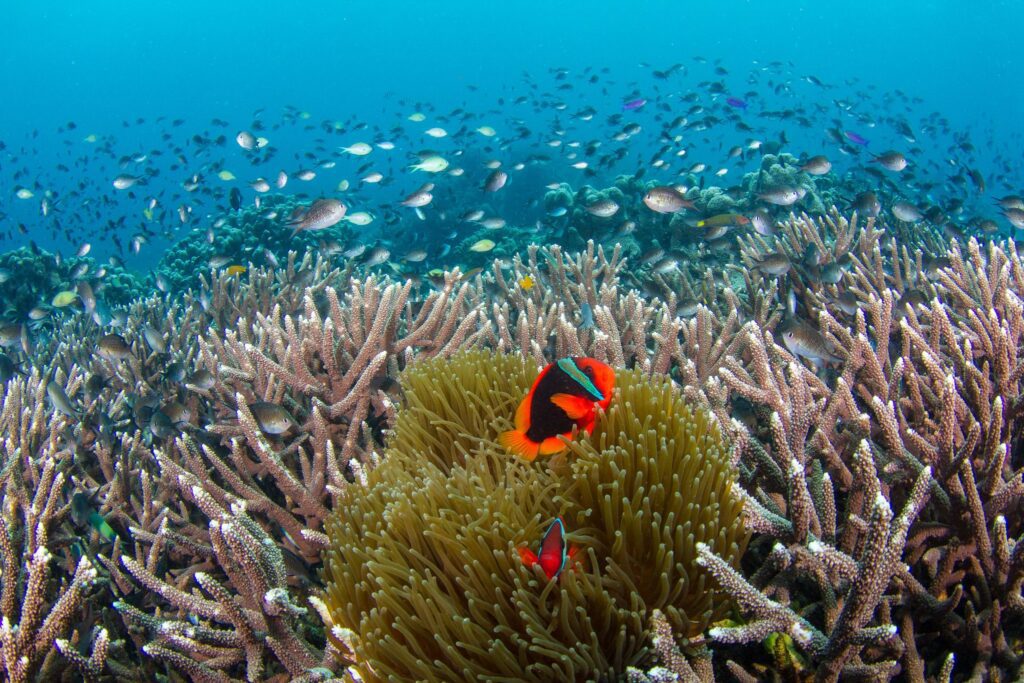
2) A stunning new fish species, called the rose-veiled fairy wrase, was discovered in the “twilight zone” in the maldives
The rose-veiled fairy wrasse is a beautiful, new-to-science species of wrasse off the coast of the Maldives. It is also the first-ever fish described by a Maldivian scientist. This new species, Cirrhilabrus finifenmaa, is one of the first to have its scientific name derived from the local Dhivehi language. The species name ‘finifenmaa,’ meaning “rose,” is a nod to both its pink hues and the island nation’s national flower.
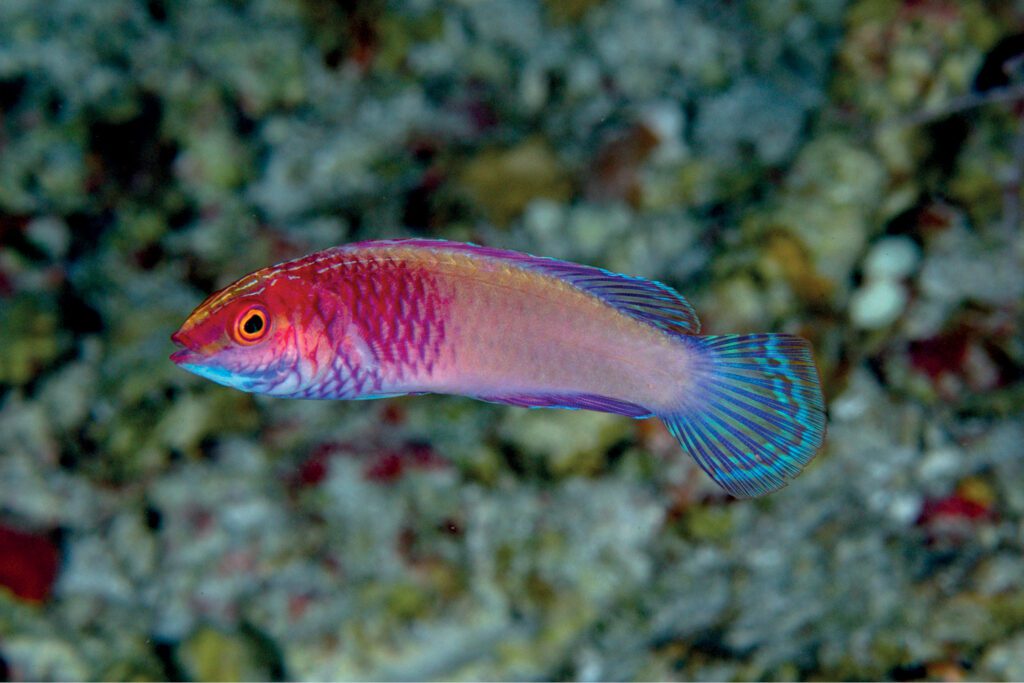
3) scientists develop a new device that could reduce shark bycatch by 90 per cent
Marine scientists have designed and tested a piece of technology that could drastically reduce shark bycatch. This new technoology emits short electrical pulses as a deterrent to sharks. The device, known as SharkGuard, emits a short pulse every two seconds. This temporarily overstimulates the electrical sensors around a shark’s nose and mouth, called the ampullae of Lorenzini, causing the shark to swim away. In trials, SharkGuard reduced the number of blue sharks accidentally caught by commercial fishing gear in a French longline tuna fishery in the Mediterranean by 91 per cent, and stingrays by 71 per cent.
4) parts of the great barrier reef off the coast of australia are showing the highest coral cover in 36 years
Two-thirds of the Great Barrier Reef in Australia recorded the highest amount of coral cover in nearly four decades. However, the reef itself is still vulnerable to climate change and mass bleaching. Since the Australian Institute of Marine Science (AIMS) began monitoring coral cover 36 years ago, the northern and central regions of the Reef saw marked increases in coral cover this past year. This finding demonstrates that the Reef can still recover in periods free of intense disturbances, like coral bleaching events.
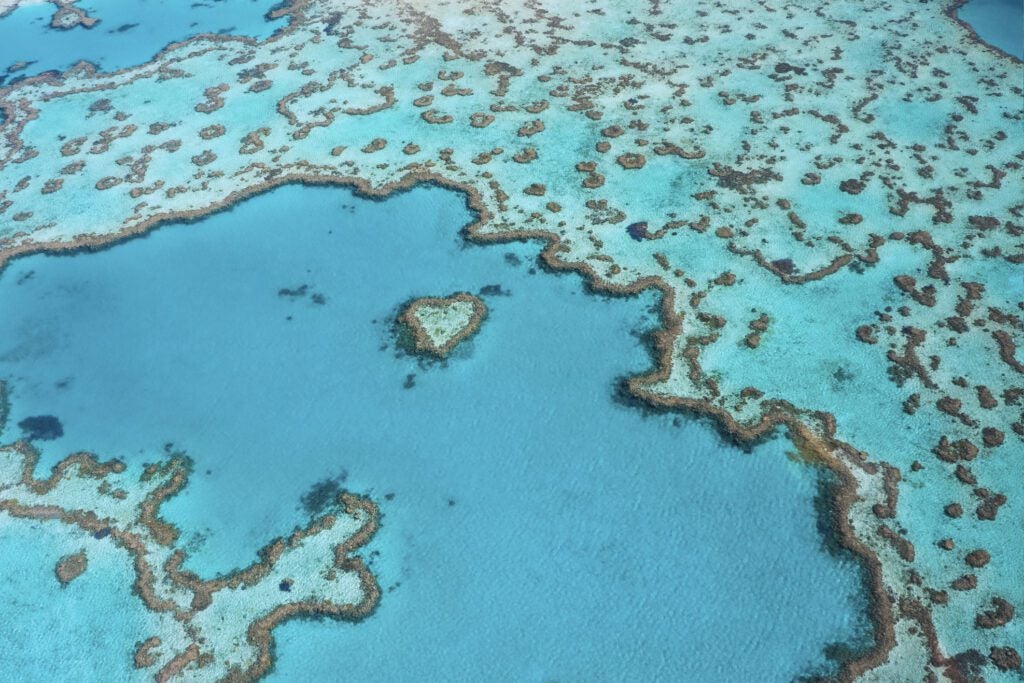
5) scientists record never-before heard humpback whale calls in the atlantic ocean
In the Atlantic Ocean, hundreds of kilometres west of South Africa, scientists recorded the sounds of humpback whales to study their lives in the high seas. They recorded 600 non-song calls over 11 days, including a never-before-recorded sound the researchers dubbed “gunshot.” The sound was previously only associated with other whales, including right whales and bowhead whales, which do not inhabit the region. Other recorded sounds, including “whup” and “grumble” calls suggest that this location could be an important stop on the whales’ migration to polar feeding grounds.
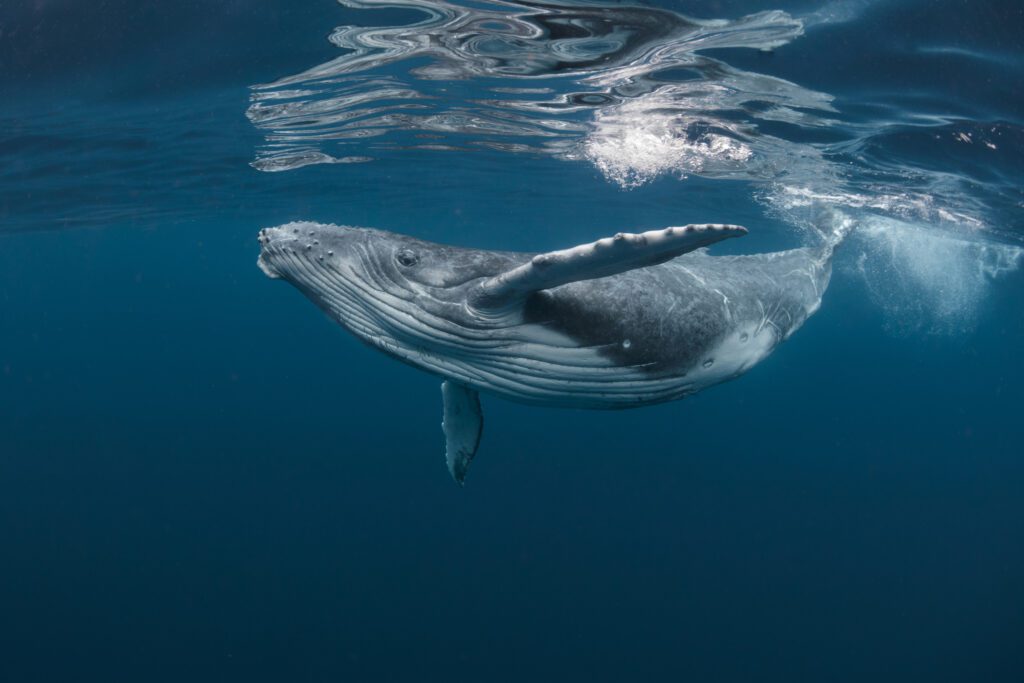
6) canada bans six categories of single-use plastics commonly found polluting the oceans
In June 2022 the Canadian government announced a national ban on six single-use plastic items. It will gradually eliminate Canadian production and export of plastic bags, cutlery, stir sticks, six-pack rings, straws and some takeout containers. This is a significant milestone in the fight to end Canada’s contribution to the global plastic pollution crisis.
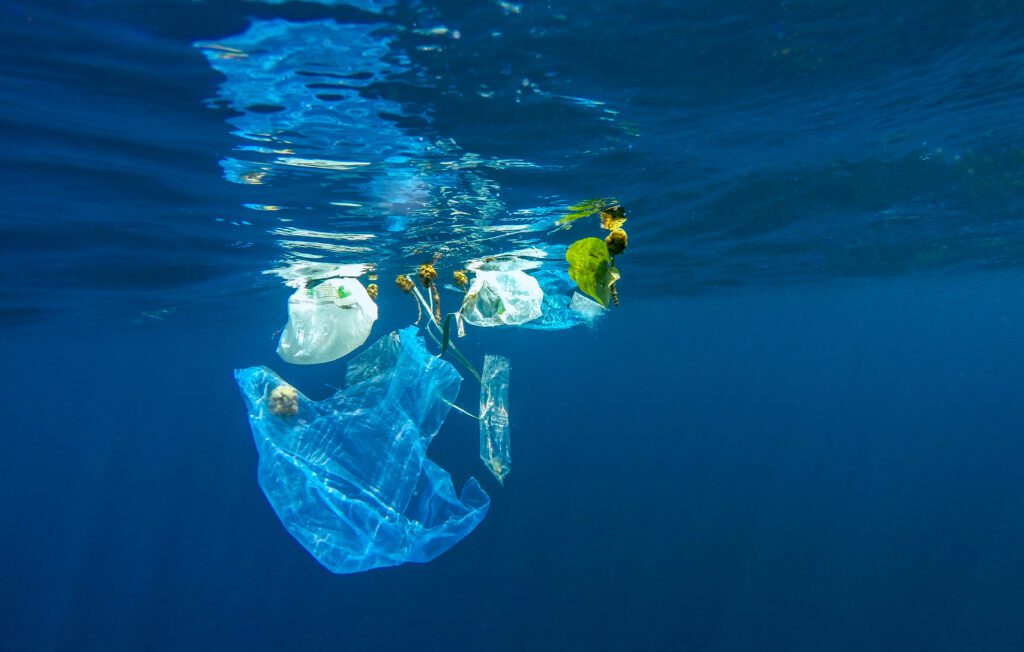
7) one of the largest ‘sea dragon’ fossils ever found was unearthed in britain
A giant sea reptile fossil was found in England, called an ichthyosaur. This discovery is being called the greatest find in the history of British paleontology. The complete skeleton – from tooth to tail – was discovered in the mud of a lagoon in Rutland Water Nature Reserve in pristine condition. Ichthyosaurs first appeared around 250 million years ago and went extinct some 90 million years ago. They were a fascinating group of gigantic marine reptiles. They resembled dolphins in general body shape but could grow from one to 25 metres in length. This nine-metre-long fossil is the biggest and most complete of its kind found to date in the UK. It is also thought to be the first ichthyosaur of its species, Temnodontosaurus trigonodont, found in the country.
8) the u.s. state of georgia sets record with the most loggerhead sea turtle nests found on beach
In August 2022, loggerhead sea turtles came to nest on beaches in droves in Georgia, U.S. In fact, scientists recorded a total of 3,966 such nests. This is the largest count of loggerhead nests in 33 years since surveys began in the state in 1989. The high number of nests reflects Georgia’s ongoing conservation successes. The nesting, endangered loggerhead sea turtle population in Georgia has increased by around four per cent each year since the 1990s.
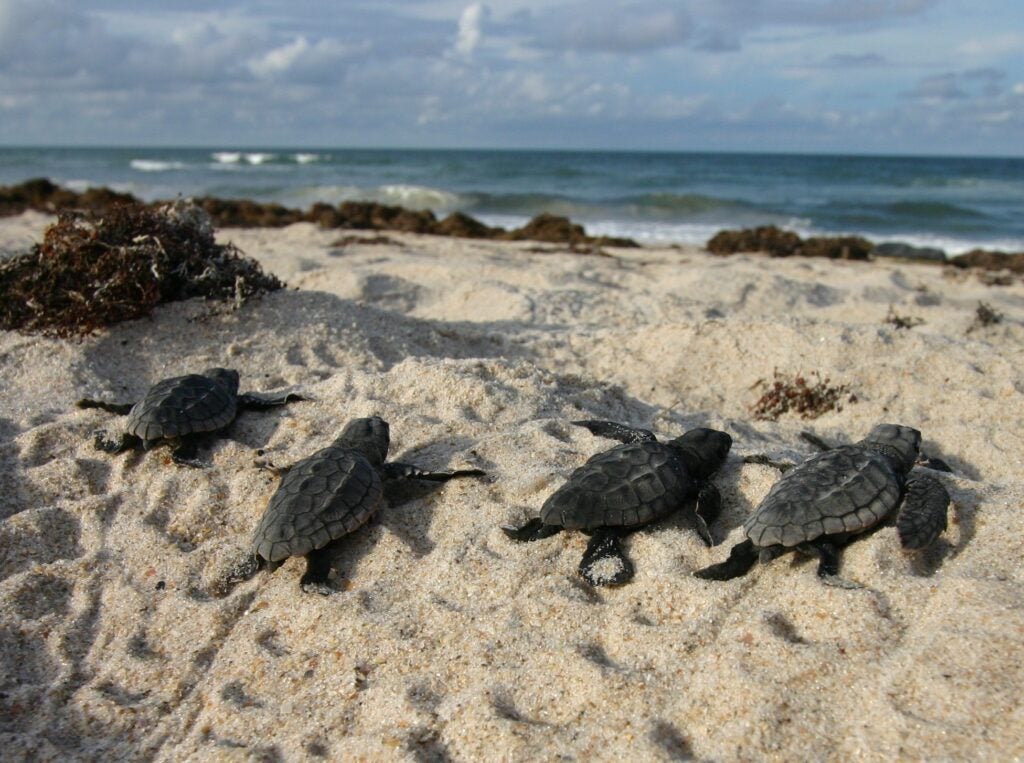
9) scientists find pristine, undiscovered coral reef near tahiti
A scientific research mission supported by UNESCO discovered a large and pristine coral reef at unexpected depths off the coast of Tahiti. Surprisingly, this reef is some 30 to 65 metres below the ocean’s surface! The pristine condition of the rose-shaped corals and the sheer size of the reef make this a rare discovery. Although this region suffered a significant coral bleaching event in 2019, this reef does not appear to be significantly affected. This demonstrates that coral at deeper depths may be better protected from the impacts of climate change.
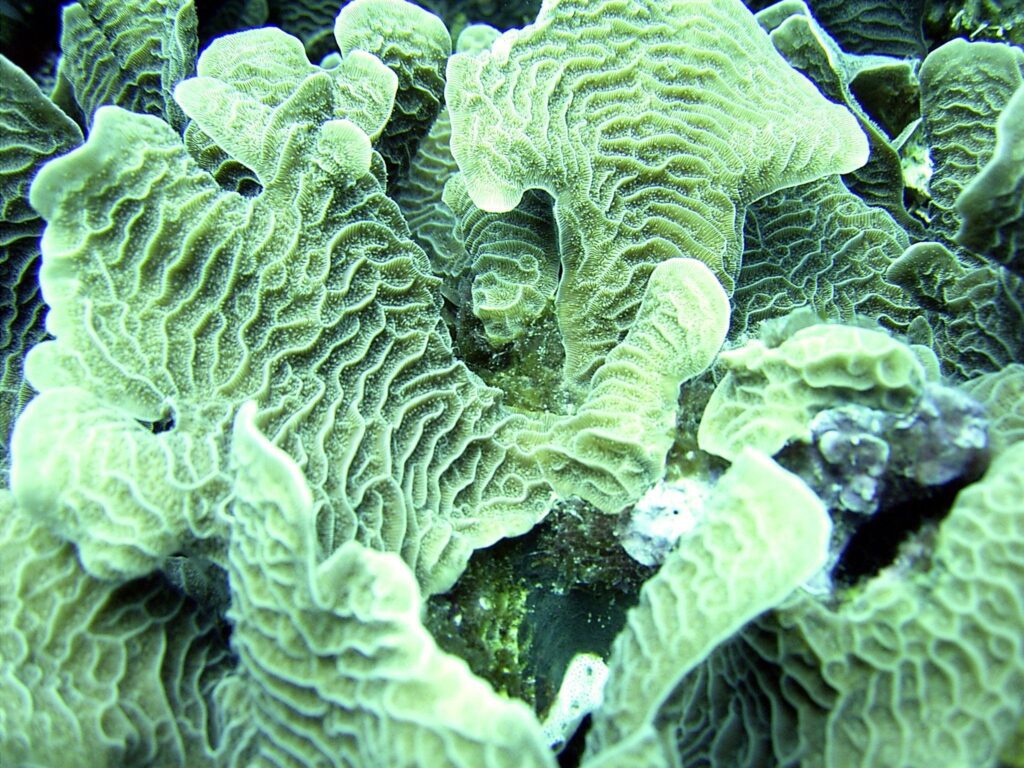
10) a new species of crown jellyfish was discovered in the deep sea off the coast of california
During an expedition off the coast of California, researchers at the Monterey Bay Aquarium Research Institute (MBARI) captured stunning footage of a brand new Atolla, or crown jellyfish, species. This common genus of deep-sea crown jellyfish, found in the ocean’s midnight zone all around the world, is abundant in the deep water. This new species was named Atolla reynoldsi in honour of Jeff Reynolds. He was the first volunteer at Monterey Bay Aquarium, MBARI’s education and conservation partner.
To stay up to date on ocean news and ways you can help protect marine life like whales, sharks and sea turtles, join our community of Wavemakers today!
MOST RECENT
March 6, 2025
February 3, 2025
January 22, 2025
Celebrating New Beginnings in 2025: Four Right Whale Calves Spotted Off Florida Coast

